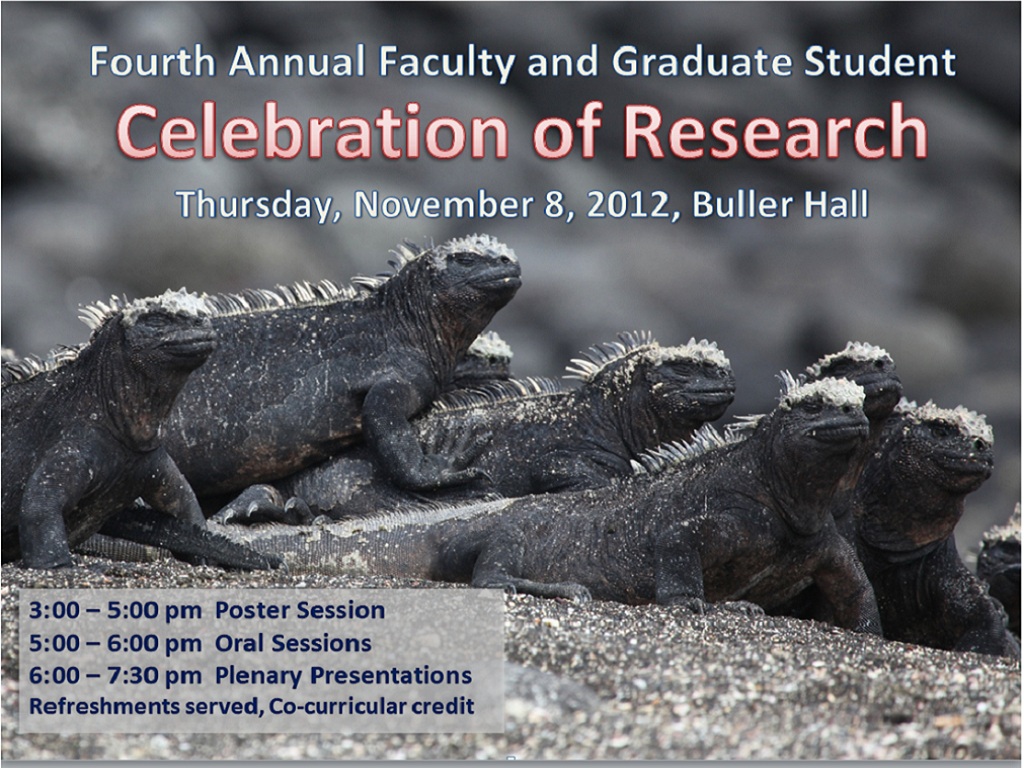C-2 The Impossibility of Repentance in Heb. 6:4-6
Presenter Status
Department of Religion and Biblical Languages
Location
Buller Room 150
Start Date
8-11-2012 5:12 PM
End Date
8-11-2012 5:24 PM
Presentation Abstract
The Epistle to the Hebrews states: “For it is impossible to restore again to repentance those who have once been enlightened, and have tasted the heavenly gift, and have shared in the Holy Spirit, and have tasted the goodness of the word of God and the powers of the age to come, and then have fallen away, since on their own they are crucifying again the Son of God and are holding him up to contempt” (Heb 6:4-6) NRSV. This passage has driven many Christian through centuries of church history to despair. At first look, the passage seems to indicate that an apostate can never be restored to salvation. The church father Tertullian (c. 160 – c. 225 AD), for example, held that no second repentance existed for serous sins (such as adultery and apostasy) after baptism. For that reason some Christians delayed their baptisms until immediately before their death. The author’s perspective seems far away from that of present-day readers, for whom the very concept of “apostasy” appears strange, and who consider themselves to live in a world in which everything can be forgiven. At the same time the modern reader looks at the experience of post-Gethsemane Peter (Matt. 26:69-75) and asks: How was repentance possible for him? A close look at the Greek syntax in the Heb 6 passage helps untangle what Luther considered to be a “hard knot” passage (Luther, Works, xxxv: 394).
C-2 The Impossibility of Repentance in Heb. 6:4-6
Buller Room 150
The Epistle to the Hebrews states: “For it is impossible to restore again to repentance those who have once been enlightened, and have tasted the heavenly gift, and have shared in the Holy Spirit, and have tasted the goodness of the word of God and the powers of the age to come, and then have fallen away, since on their own they are crucifying again the Son of God and are holding him up to contempt” (Heb 6:4-6) NRSV. This passage has driven many Christian through centuries of church history to despair. At first look, the passage seems to indicate that an apostate can never be restored to salvation. The church father Tertullian (c. 160 – c. 225 AD), for example, held that no second repentance existed for serous sins (such as adultery and apostasy) after baptism. For that reason some Christians delayed their baptisms until immediately before their death. The author’s perspective seems far away from that of present-day readers, for whom the very concept of “apostasy” appears strange, and who consider themselves to live in a world in which everything can be forgiven. At the same time the modern reader looks at the experience of post-Gethsemane Peter (Matt. 26:69-75) and asks: How was repentance possible for him? A close look at the Greek syntax in the Heb 6 passage helps untangle what Luther considered to be a “hard knot” passage (Luther, Works, xxxv: 394).



